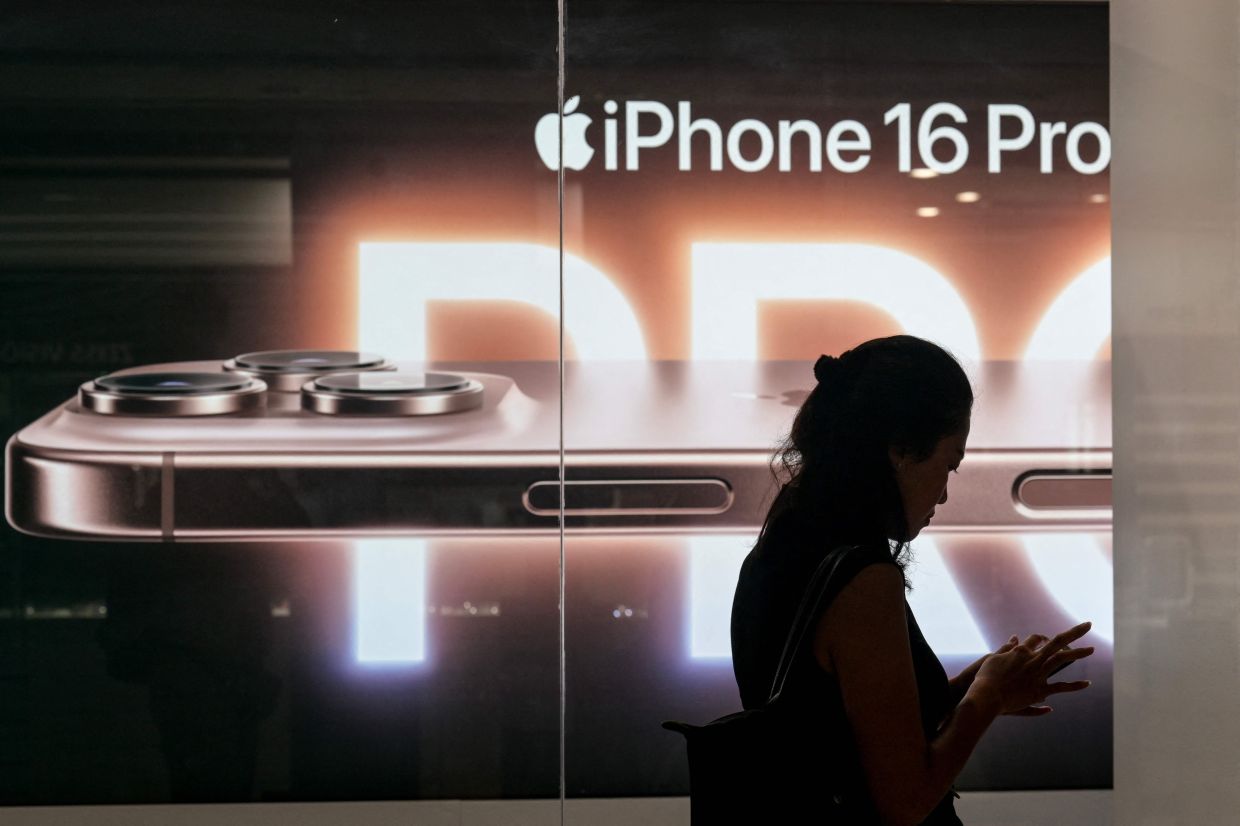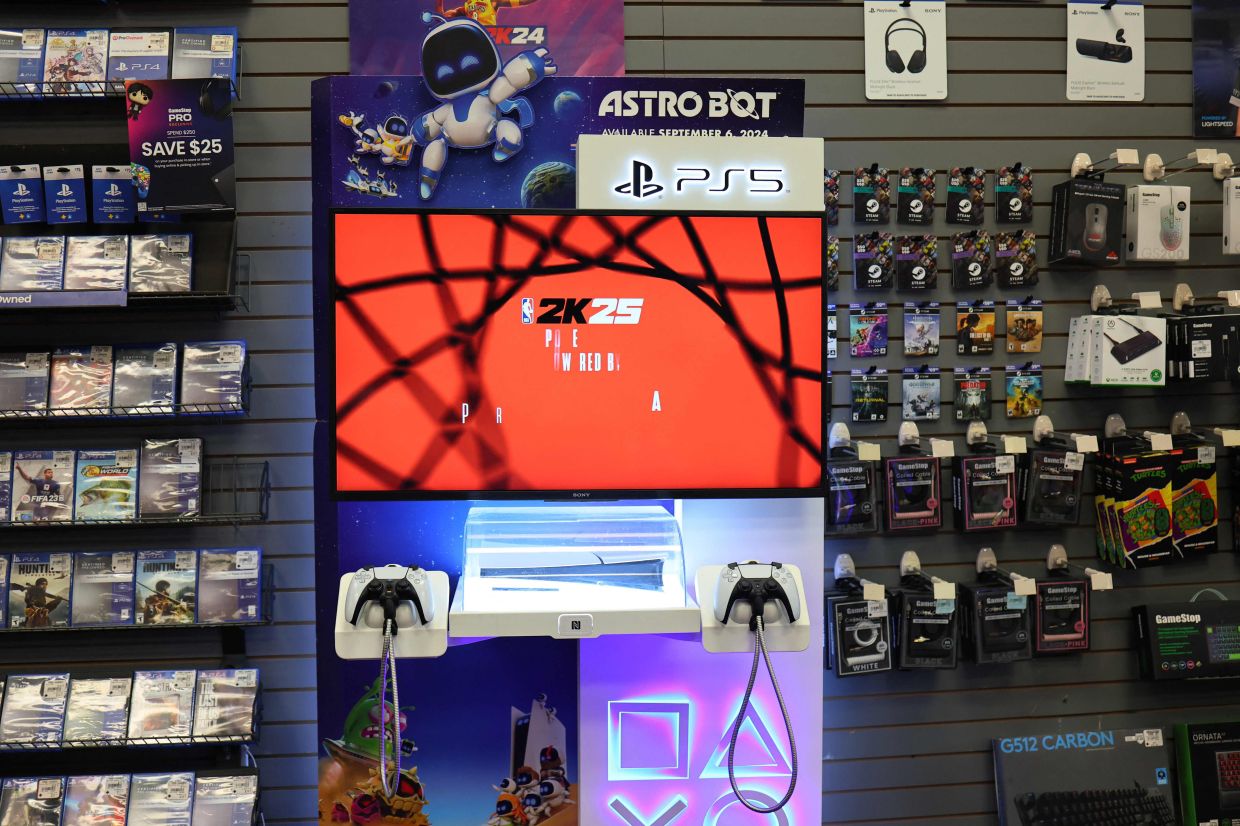
'The Last of Us' was the rare game that sought to avoid action, letting Ellie pester Joel with questions about what it was like to be alive before the apocalypse.— Naughty Dog
Sony's landmark 2013 game The Last of Us didn't make it easy on players. But the difficulty curve was more emotional than technical, for the game delivered the zombie genre at its most heady, grief-stricken and intimate.
How it started: Grim.
Save 30% and win Bosch appliances! More Info










































